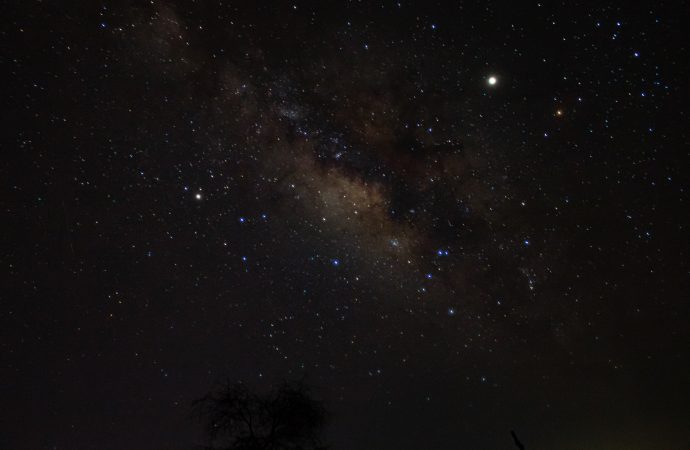Introduction: The debate surrounding Pluto’s planetary status has been a source of controversy and intrigue in the scientific community for over a decade. Once considered the ninth planet of our solar system, Pluto was reclassified as a “dwarf planet” by the International Astronomical Union (IAU) in 2006. In this article, we explore the ongoing discussion,
Introduction:
The debate surrounding Pluto’s planetary status has been a source of controversy and intrigue in the scientific community for over a decade. Once considered the ninth planet of our solar system, Pluto was reclassified as a “dwarf planet” by the International Astronomical Union (IAU) in 2006. In this article, we explore the ongoing discussion, examining the arguments from both sides and shedding light on the complexities of planetary classification.
The IAU’s Definition and the Case Against Pluto:
The IAU’s definition of a planet states that a celestial body must orbit the Sun, be spherical in shape, and have cleared its orbit of other debris. Supporters of Pluto’s reclassification argue that it does not meet the third criterion, as it shares its orbit with other objects in the Kuiper Belt. They contend that Pluto’s classification as a dwarf planet is a result of the IAU’s effort to establish clear and consistent criteria for planetary classification.
Arguments for Pluto’s Planetary Status:
Proponents of Pluto’s planetary status argue that the IAU’s definition is too narrow and fails to account for the uniqueness of celestial bodies in our solar system. They emphasize Pluto’s size, geological features, and historical significance as reasons for its planetary classification. They believe that removing Pluto from the roster of planets disregards its distinct characteristics and undermines its place in scientific and educational contexts.
The Diversity of Celestial Bodies:
Some scientists advocate for a more inclusive classification system that acknowledges the diversity of celestial bodies beyond the binary distinction of planet or not. They suggest that categorizing objects based on their individual properties and roles would provide a more comprehensive understanding of the solar system. This approach acknowledges the complexity of celestial bodies like Pluto and encourages a more nuanced perspective on planetary classification.
Cultural Significance and Public Interest:
Pluto’s planetary status holds cultural significance and has garnered significant public interest. For many, Pluto’s removal from the list of planets felt like a loss and sparked widespread debates. Its status as the ninth planet for several decades contributed to its popularity and recognition. Some argue that considering the cultural impact and public interest in Pluto, it deserves special recognition that respects its historical significance while acknowledging its distinct characteristics.
Advancements in Planetary Science:
Advancements in technology and planetary exploration continue to provide new insights into our solar system. Missions such as NASA’s New Horizons have provided detailed observations of Pluto, revealing its geological complexity and challenging previous assumptions. These advancements offer opportunities to revisit and reassess our understanding of planetary classification, potentially influencing future discussions about Pluto’s status.
The Importance of Scientific Debate:
The debate surrounding Pluto’s planetary status highlights the dynamic and evolving nature of scientific understanding. It exemplifies how scientific progress is not a linear path but an ongoing dialogue and exploration. Healthy debate and critical examination of existing definitions and classifications contribute to the advancement of knowledge and the refinement of scientific understanding.
Conclusion:
The question of Pluto’s planetary status remains a contentious topic in the scientific community. While the IAU’s definition and reclassification sparked debate, scientists continue to present compelling arguments on both sides. The discussion goes beyond scientific criteria, encompassing cultural significance, public interest, and the complexities of planetary classification. As our understanding of the solar system deepens, it is crucial to foster open dialogue and consider diverse perspectives to further our knowledge of celestial bodies like Pluto.

















Leave a Comment
Your email address will not be published. Required fields are marked with *